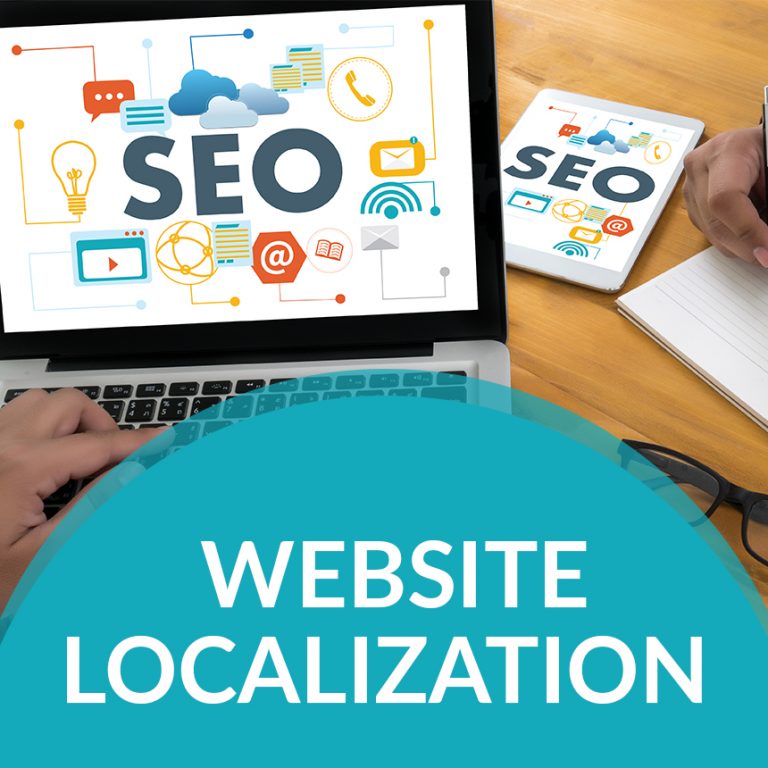
Since the industry started facing a financial crisis, businesses have begun paying more attention to the websites. Businesses are re-designing their websites to tempt the new audiences and increase conversion rate.
Without localization, your business website won’t make even half of its potential wealth, and without proper translation, any website looks inelegant.
The internet now is accessible from several devices that can be utilized to surf the World Wide Web. The adaptability feature of the internet makes it easy to translate the website to any language.
What website you will prefer to buy a product from a foreign language website or the website, which translates to your local language with the amount in your country’s currency, and this is where localization and translation come into the picture.
Let’s talk in-depth about website localization and translation:
When any business launches their website for online retailing, they have certain expectations about revenue conversation or return on investment ROI by considering multiple factors:
- How to approach the target audience?
- Revenue expectation.
- Time duration.
These are the three factors that will help your website to produce a positive impact, but keeping other factors in mind is also essential as it can impact a business negatively.
If any company launches an international online retail store, having less or none, localization might negatively impact your business. The big-scale online retail business knows this factor very well, and that is being the reason why they are investing more in web development these days.
Creating or modifying a website keeping localization in mind helps them to deliver an excellent user experience.
Localization includes a lot more than just translation:
In today’s world, localization is not only limited to the interpretation of the website to any other world language; it is also impacting digital media marketing and social media marketing. Multi-lingual marketing is the way how businesses are marketing their product or brand these days.
Let us cover a few points on how it is essential to localize the website:
More language more traffic:
In today’s internet world, where China and India have more internet users than the U.S, the question always arises if website translation is the best way of traffic optimization.
Website translation helps to increase about 47% of the traffic, which means website translation should be the critical point while designing and developing any website.
The small-scale business should also launch its website in at least two languages; for example, if any company is looking to start an online retail store in the U.S, they must consider launching it in English and Spanish language.
Enhance brand and trust:
You can witness several websites which half translated where the translation available is just for a few points or cases. But, it won’t help an online retail website because it might weaken the trust of the customers and negatively impact the brand.
Customer’s expectation while shopping online is:
- Precise product information
- Easy-to-access pages
- Easy-to-understand payment options
- Easy-to-use web design
A lack of website translation has a negative impact on consumers, especially in today’s world of endless resources. If a customer faces any issue while making a purchase online, they leave with a negative experience which impacts business in the long run.
If you are planning to open an online retail store, make sure to localize and don’t make the silly translation mistake. Develop your website with translation and localization in mind, as it has such a considerable effect on your success.



Lahcen zouhair
4 years ago